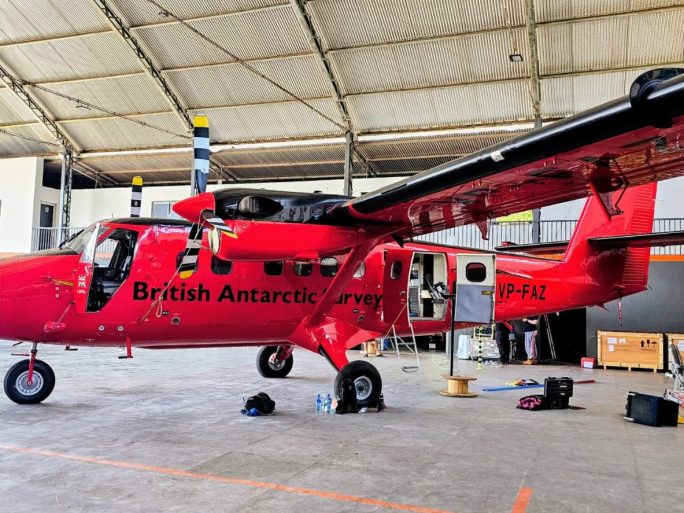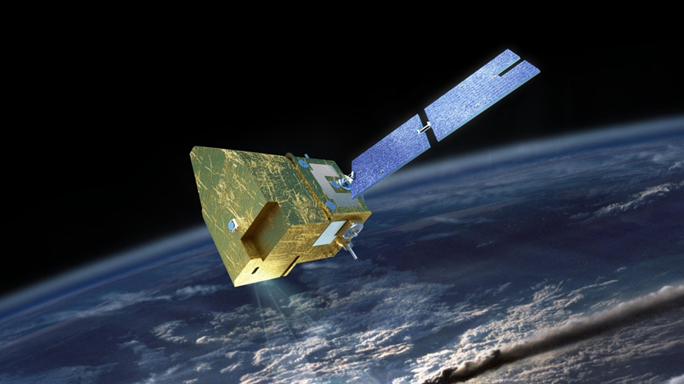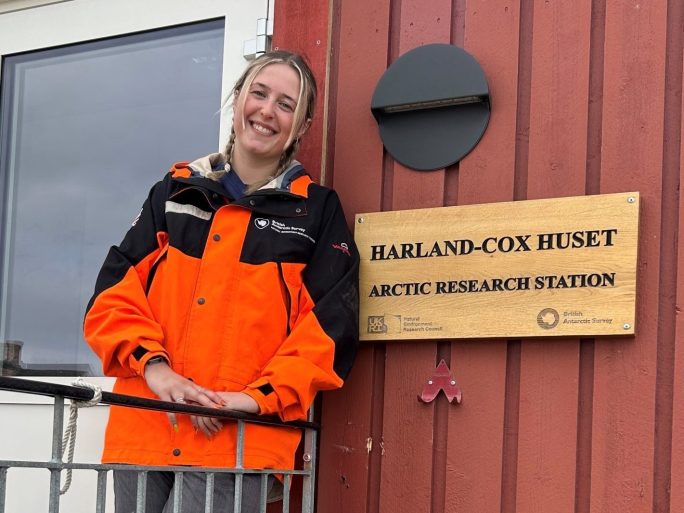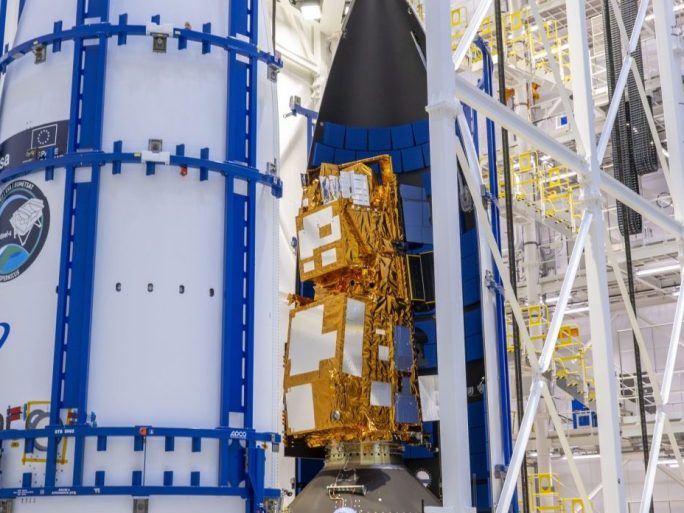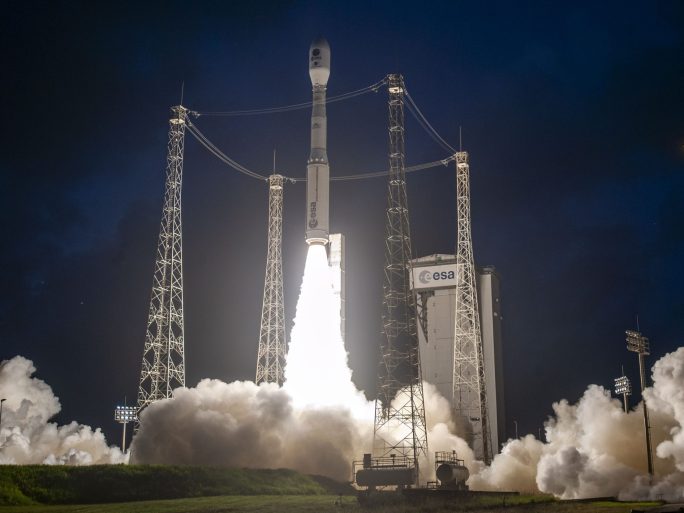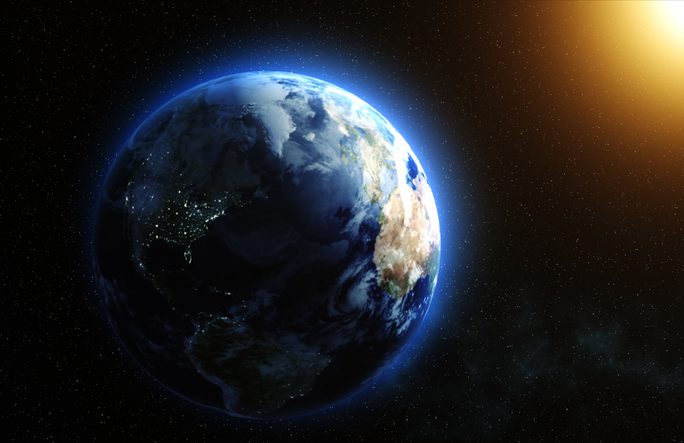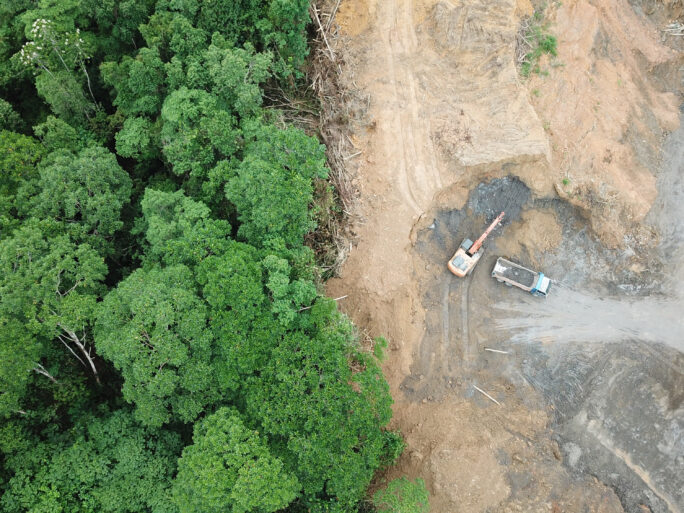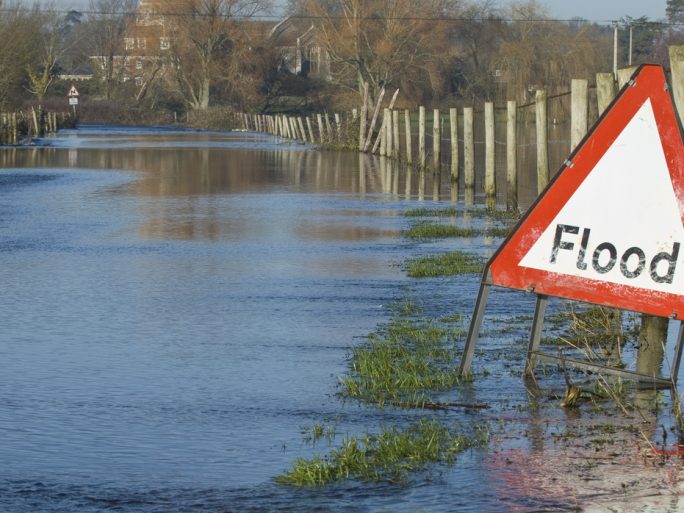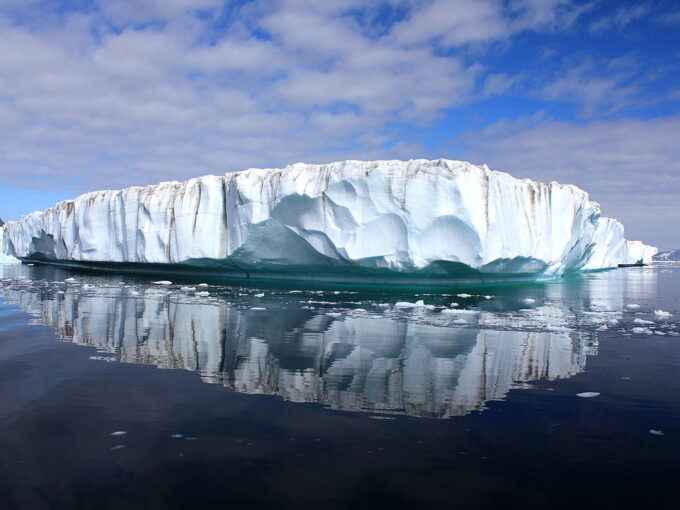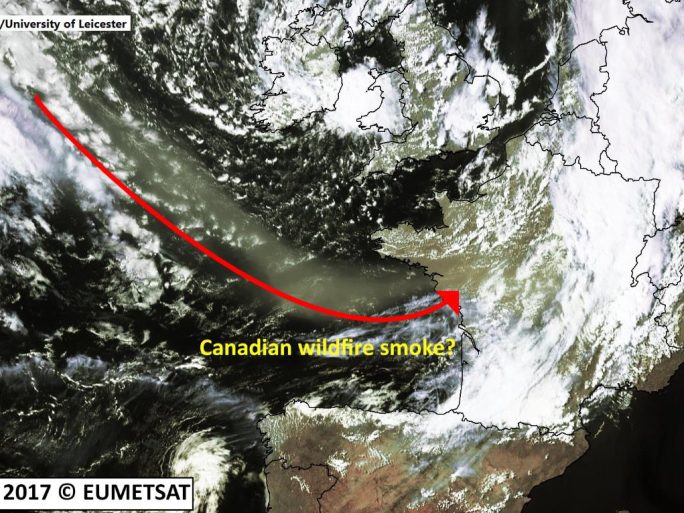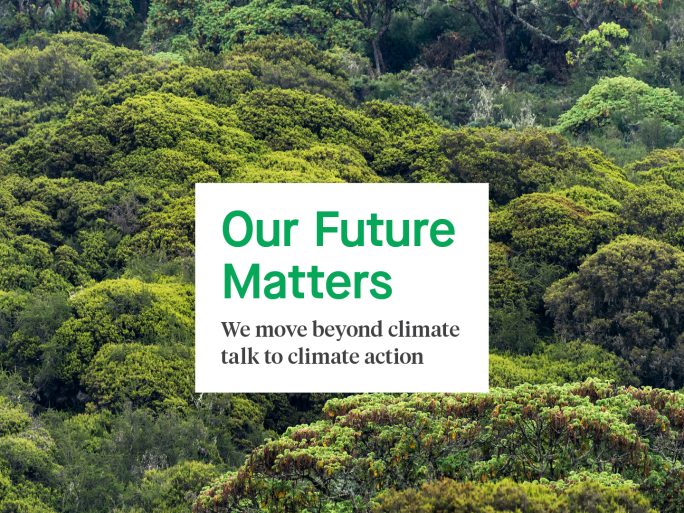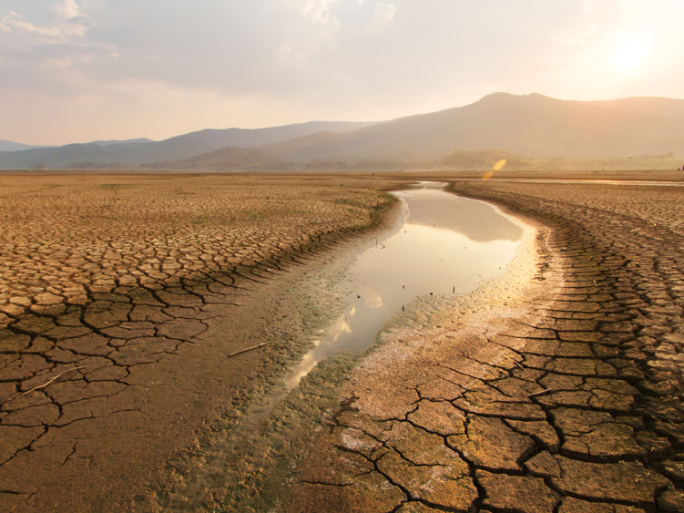European Space Agency (ESA) has launched the CarbonARA project, led by the Earth Observation and Wildfire Research Group and the National Centre for Earth Observation (NCEO) at King’s College London. CarbonARA brings together a skilled, interdisciplinary team of UK, European, and Brazilian partners to deliver an ambitious field campaign in the eastern Amazon.
Tag: climate
MicroCarb Delivers First Observations from Space
Launched on July 25, the MicroCarb satellite has successfully carried out its first Earth observations on August 28. The initial data were collected over the Amazon Basin — a priority region for the mission due to its key role in the global carbon cycle and the limited coverage of ground-based CO₂ monitoring stations.
Arctic Adventures: Satellite Science in the Northernmost Town on Earth
In this blog, Abigail Marie Waring recounts a remarkable scientific expedition to Ny-Ålesund, Svalbard — the northernmost permanent settlement on Earth. Alongside colleagues Dr Darren Ghent and Dr Jasdeep Anand from the Surface Temperature Group at the University of Leicester, the team was based at the British Antarctic Survey’s Arctic research station, a unique hub for collaboration and fieldwork.
MetOp-SG-A1 – New ESA Satellite to Boost Climate and Weather Monitoring to Launch
Today an ESA Ariane 6 rocket will launch MetOp-SG-A1 the first of a new generation of EUMETSAT satellites into a polar orbit around 820 km above the Earth’s surface. The satellite will circle the globe each day, gathering detailed information to support climate science, environmental monitoring and weather forecasting.
NCEO led Mission to Map the Worlds Forest’s Launches
Today (29th of April) at 10:15 AM (BST) the BIOMASS satellite was successfully launched from Kourou in French Guiana. Its aim is to enhance our understanding of how forests across the globe contribute to the carbon cycle.
How conversations over coffee can spark climate discoveries!
As a distributed research centre, NCEO brings together over 150 experts from renowned UK universities and institutions. We’re eager to share their ground-breaking work and experiences—not just to highlight the science, but to spark though-provoking conversations that challenge research.
Prof Richard Allan’s recent blog, originally published by the University of Reading, reflects on a casual conversation with NCEO colleague Prof Chris Merchant that led to new insights into Earth’s growing energy imbalance — and what that means for our warming oceans.
Human fingerprint on forest disturbance patterns as viewed from space
Dr Nezha Acil, an NCEO research scientist based at the University of Leicester, is the lead author in a study recently published in Nature Sustainability that analysed global forest disturbance patterns from 2002 to 2014 using satellite data.
Hazardous Weather
In our changing climate, hazardous weather events such as storms, floods, wind, snow and ice, and fog events are expected to become more extreme. Our ability to manage these hazards is dependent on timely and accurate weather forecasts.
Sea Ice Data Assimilation
Arctic sea ice is a crucial component of the climate system. The radiation balance and the dynamics of the atmosphere and ocean have strong interactions with sea ice. Observations show that the extent of Arctic Sea ice has been declining over the last few decades. This could have a significant impact on the climate, ecosystems and human activities and highlights the need for improved sea ice prediction.
Carbon Monoxide/Reactive trace gases
Long-term satellite observations of carbon monoxide and other reactive trace gases in the atmosphere help us to understand the role of these gases in a changing climate and the change in these gases over time.
New directors drive next phase of national climate science partnership
Leading UK climate science organisations are driving forwards a national alliance focused on climate solutions for society, led by new co-directors Professor Cath Senior and Professor Michael Meredith.
The National Centre for Earth Observation Scientists join the UK delegation at COP28
NCEO scientists are joining the strong UK delegation of Earth Observation experts taking quality, trusted data to the forefront of future policy decisions.
An inevitable climate breach?
Latest inventory of Earth’s heating rate using state of the art Earth Observation measurements,


